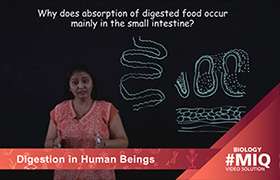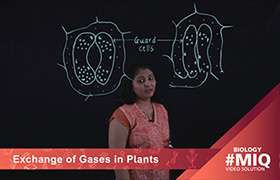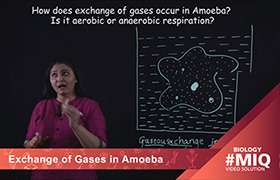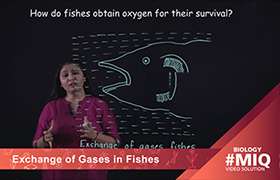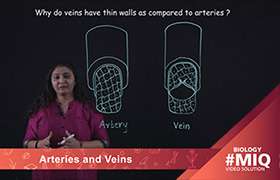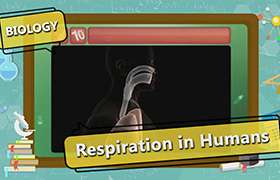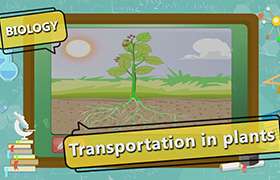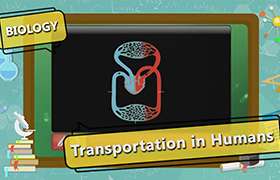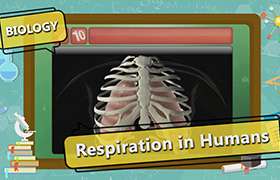CBSE Class 10 Answered
The liver is the largest gland in the human body. It produces bile, an alkaline compound which carries out the emulsification of lipids and thus aids in digestion.
The liver performs important roles in carbohydrate metabolism such as gluconeogenesis, glycogenolysis and glycogenesis.
It also performs several roles in lipid and protein metabolism.
The liver produces several coagulation factors.
It breaks down haemoglobin. It also breaks down toxic substances and most medicinal products.
Liver converts ammonia to urea.
The reticuloendothelial system of the liver contains many immunologically active cells.
The liver produces albumin, the major osmolar component of blood serum. Liver also plays an important role in decomposition of red blood cells and plasma protein synthesis.

